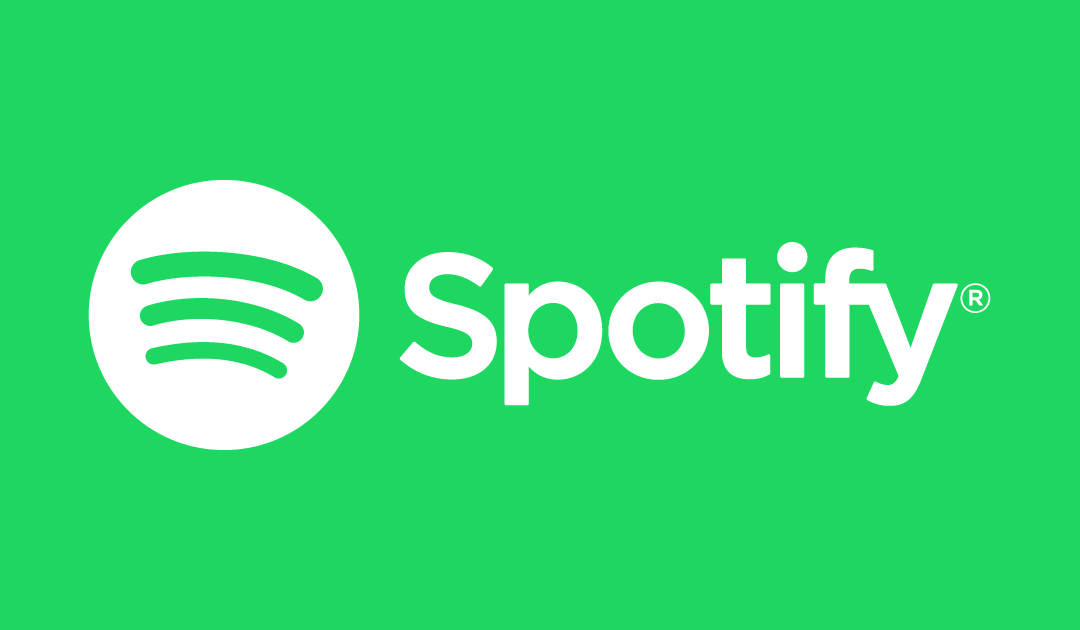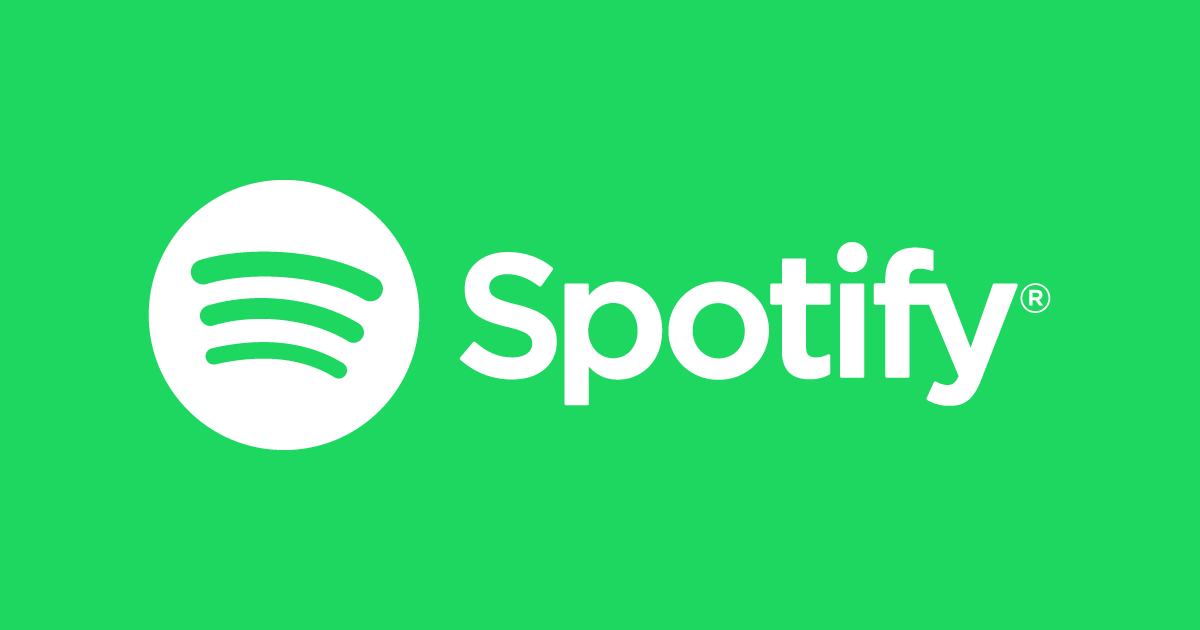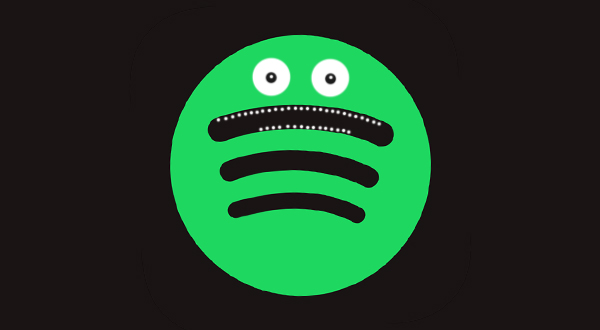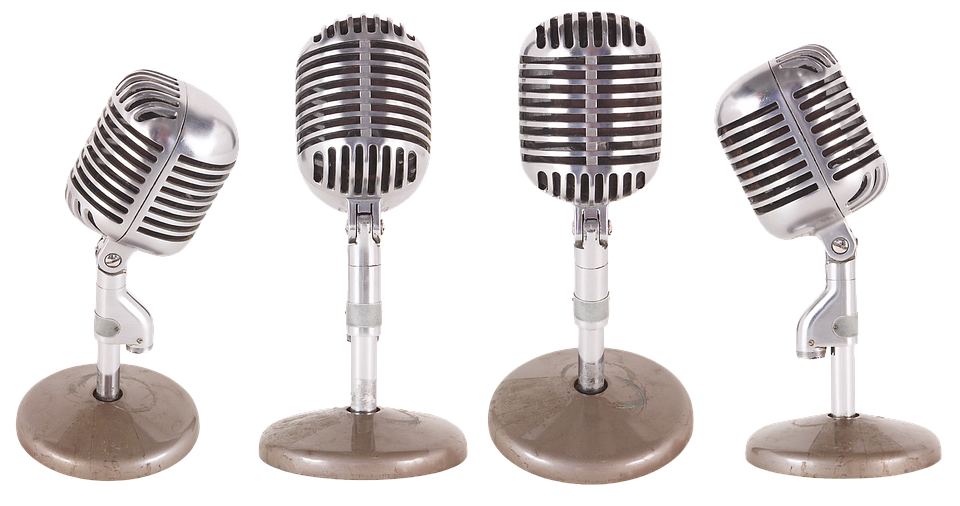Earlier this year, it was announced that Joe Rogan’s hugely successful podcast the Joe Rogan Experience would be heading to Spotify. That in itself isn’t extraordinary. The interesting part is that by 2021, the show will be a Spotify exclusive. The show arrived on Spotify earlier this month, and will be removed from all other platforms – including YouTube – in the months to come. It’s hard to understate how big of a story this is in the podcasting world. Rogan has been podcasting for over a decade, starting in 2009 when the medium was in its infancy. And, love it or loathe it, anyone who is into podcasts will know the show and have an opinion on it one way or the other. It is quite frankly one of the biggest podcasts on the planet. This is a big step – and a potential risk – for both Rogan and Spotify. But what impacts could it have on the industry as a whole?
A different revenue model for independent podcast creators
Podcasts that are exclusive to a platform are not the norm, but they’re certainly nothing new. Companies like Spotify and Audible have both created their own exclusive shows, and many independent podcasters offer deals through sites like Patreon to allow their fans to hear exclusive content. The Rogan deal is something different though, an audio platform buying the exclusivity to a previously independent podcast. According to the Wall Street Journal, Rogan will be paid $100m over the length of the multi-year licensing deal. This is the largest deal of its kind in the podcasting world, and is not a typical revenue stream for content creators. Independent podcasters typically rely on advertising in order to profit from their shows, but could the Rogan deal pave the way for other, similar deals?
It’s certainly easy to see that being the case. Now that Spotify have the exclusive rights to Rogan, what’s to stop, say, Apple waving a large cheque in the faces of the team that produce Serial and asking them for the exclusive rights to three more seasons? It’s not fanciful to think that this could be where the podcast industry is going in the next few years. If this kind of practice became commonplace, it wouldn’t be dissimilar to what happens on TV all the time where rights to popular programmes chance hands fairly frequently. Look at Black Mirror’s move to Netflix from Channel 4, or the Great British Bake Off’s move from 4 to BBC One. There are some drawbacks to this idea. If podcasting – typically a medium that is free to download for the consumer – moves into this territory, it will pass on more of the cost to the end user by hiding content behind a paywall. In my opinion though, this is fair enough. Podcasts take a lot of effort to create, and if this method means that more creators can get paid, I’m all for it.
A way of driving subscriptions for platforms
Spotify have paid so much to get Rogan on their platform for one simple reason; money. The fact that they have insisted on exclusivity indicates that Spotify’s executives think their outlay will be dwarfed by the subscription fees paid by consumers to hear the show. They may well be right. In the UK, a Spotify premium account costs around £120 a year. This means they need around 650,000 Rogan fans to buy a premium account and stick around for a year in order to break even. Considering that Rogan has more than 8m subscribers on his YouTube channel – and who knows how many on various podcast platforms – they clearly see this as a gamble worth taking.
Another, less extreme, version of the exclusivity deal is when platforms pay creators to stream their podcasts ad-free on their platform, but stopping short of full exclusivity. Sports news website The Athletic has recently been hoovering up popular football podcasts such as the Totally Football Show and Tifo Football Podcast using exactly this method. Now, fans of Totally or Tifo can sign up to the Athletic to get either show ad-free. My gut feeling is that this kind of deal won’t push fans of either podcast into buying a subscription to The Athletic if they weren’t going to anyway. Consumers don’t exactly love ads, but when it comes down to either listening to 3-4 minutes of ads or buying a yearly subscription, I reckon they’ll take the former. However, these are early days of these kinds of deals, and time will tell. Who knows, this could be a much more viable option in future than a deal in the style of the Spotify/Rogan deal.
The important thing here is that streaming platforms are taking podcasts seriously as a way of driving subscriptions, and therefore revenue. The success or failure of the Rogan deal could pave the way for platforms to either follow suit, or think of new ways to use podcasts to drive up their subscriber base.
What does this mean for creators with smaller audiences?
In terms of audience size, Rogan’s podcast is an absolute leviathan. It regularly features at the top of podcast charts around the world, and the YouTube versions of the podcasts routinely get more than a million views each. For the most famous (read: controversial) guests such as Bernie Sanders, Elon Musk, and Ben Shapiro, the views can nudge upwards into the tens of millions.
For most podcasters, these kinds of numbers are unthinkable. Niche podcasts especially don’t even dream of attracting this large an audience, focused instead on providing something highly tailored for a small number of people. So what does Rogan’s move to Spotify mean for them? It’s impossible to see podcasts like this attracting huge deals like Rogan’s, but if this kind of practice becomes commonplace ,we might start similar deals happening with much smaller sums of money being exchanged.
Let’s say an independent podcaster runs their own show about fishing. The subject is incredibly niche, and most listeners couldn’t care less. But the show does well within its niche, and rapidly becomes the go-to podcast for avid anglers around the world, 50,000 of them tuning in every week. If the Rogan/Spotify deal becomes the blueprint, it’s not unthinkable that a platform like Spotify could offer the creator a yearly sum for the show to become exclusive. Nothing astronomical, but enough to live on, essentially a yearly salary. The creator could quit their job and focus on bringing listeners the best show they could. Now I know what you’re thinking, isn’t this a bit idealistic? Maybe it is. But podcasts are becoming bigger all the time, and the Rogan deal shows that streaming platforms are taking them seriously as revenue generators. The situation I’ve just described might be a way off yet, but it’s certainly not impossible.
Geraint @ Move




